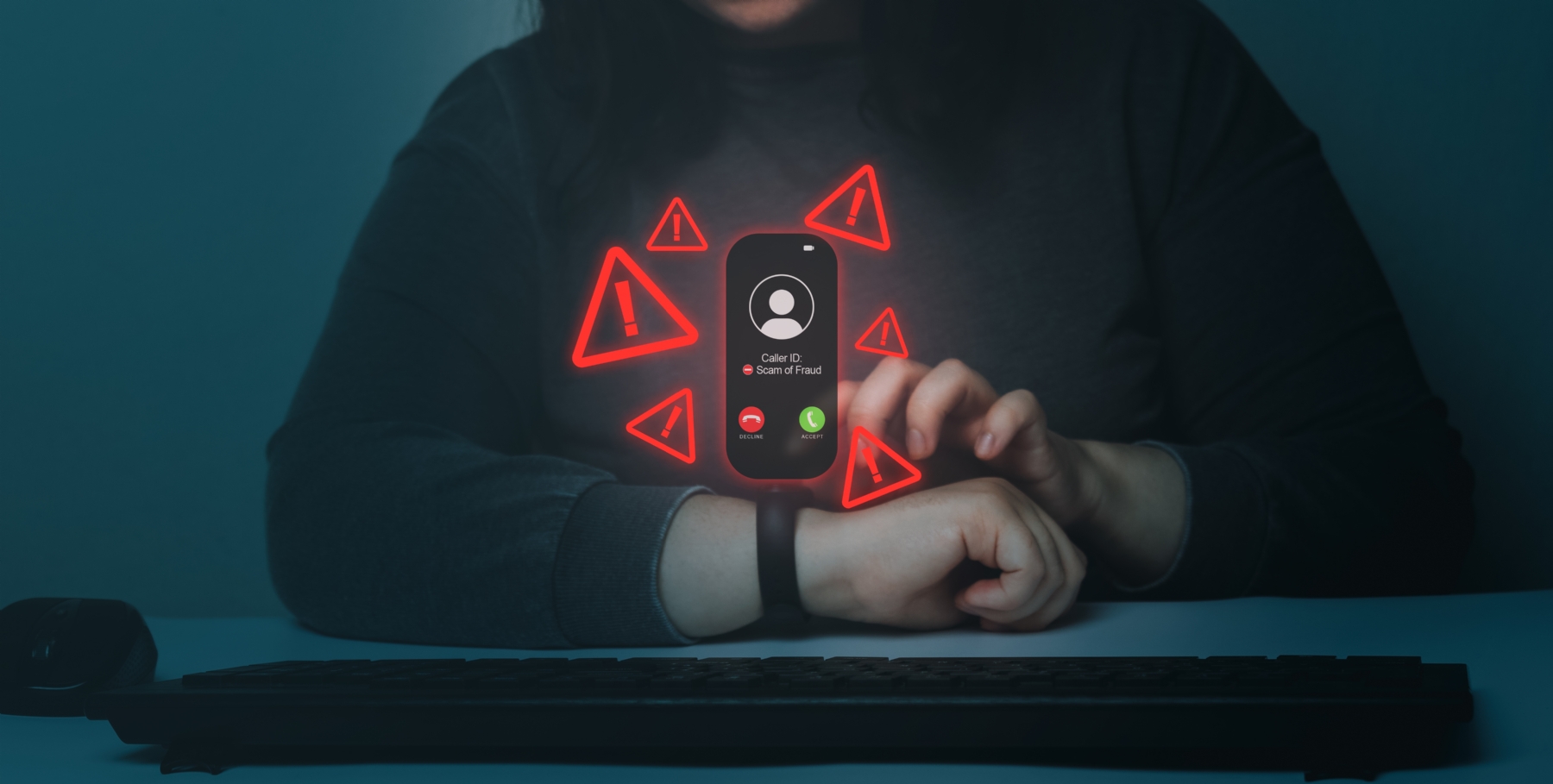Vishing Amended
|

Some impersonators cheat on the common man. The word 'vishing' is a combination of 'voice' and 'phishing'. With a slightly different twist to the same old fraud methods, this vishing is a crime committed with the help of a mobile phone. One method of cybercrime is phishing where fraudsters try to disclose confidential personal, sensitive information for deception.
JSBL is helping you to know about this crime by giving you information about it. This vishing process is a 'Cyber Crime’ we must be aware of this crime. This article will help you to get to know about vishing.
The impersonators try to trick the general public into fraud by using scare tactics or emotional appeals for providing their personal information to them. Also, Impersonators create fake caller ID profiles to make their phone numbers look legitimate.
'Vishing' attack Process?
- The impersonators call a common person and talk with them by pretending like he & his contact number is legitimate, and the call of his leads people to believe that this is a legitimate call.
- An impersonator says to the person on call that for the security of your bank account call the number they provide to change your account/card-related password or PIN. But after calling on their given mobile number the person hears an automated recording. After that, the automatic recording asks you for information like account number, debit/credit card number, CVV, card expiry month and year, date of birth, etc. As the given information, there is no mention of letters anywhere, so the necessary information is collected through mobile/ phone numbers.
- On the call, the impersonator pretended that they work in an insurance company. The caller told the person that the insurance policy of the senior citizen of their household has expired, and they are the nominee of that policy, and they need to complete some documents and pay some amount as an administrative fee to get the policy amount.
As per the above-given examples, common people get cheated by phone calls made by fake people for a lot of other reasons.
Secure your bank account and personal information by following the steps.
- Any bank account person or the bank didn’t ask you for your banking information on the call. So, don’t give any unknown person your banking details.
- Not a bank or any bank person will ask you for your debit card or credit card information on the call.
- If anyone trying to reveal your personal or private information on the call, don’t share it.
- If you receive any notification from a stranger about the closure of your account/card transaction, don’t get emotional and share your sensitive information. Go to the bank branch and clear your doubts.
- Even if the caller ID shows the name of your bank, company, organization, etc., do not share any sensitive or private information on the phone call you receive.
- Fraudsters are constantly trying to play with your emotions so keep your mind calm and switch off the phone.
- Immediately REPORT and PREVENT Cyber Fraud Dial 1930.